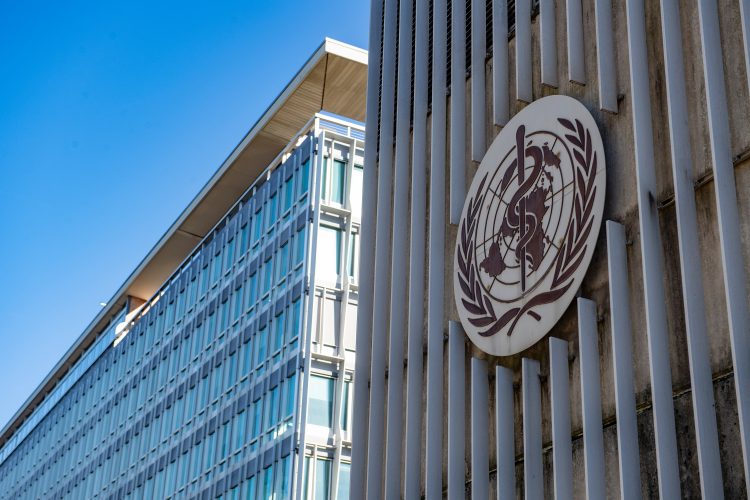WHO advises against non-sugar sweeteners for weight control
Posted: 16 May 2023 | Grace Galler | No comments yet
New guidance from the World Health Organization advises consumers against using non-sugar sweeteners to control body weight.


The World Health Organization (WHO) has released a new guideline regarding non-sugar sweeteners (NSS) which advises against using them to control body weight or to reduce the risk of noncommunicable diseases (NCDs).
Based on the findings of a systematic review, WHO has said that “use of NSS does not confer any long-term benefit in reducing body fat in adults or children”.
In addition, the Organization has flagged that there could be potential “undesirable effects from long term use of NSS”, including an increased risk of type 2 diabetes, cardiovascular diseases, and mortality in adults.
“Replacing free sugars with NSS does not help with weight control in the long term. People need to consider other ways to reduce free sugars intake, such as consuming food with naturally occurring sugars, like fruit, or unsweetened food and beverages,” said Francesco Branca, WHO Director for Nutrition and Food Safety.
“NSS are not essential dietary factors and have no nutritional value. People should reduce the sweetness of the diet altogether, starting early in life, to improve their health.”
How artificial sweeteners are changing our friendly gut bacteria
According to WHO, the guidance applies to “all people except individuals with pre-existing diabetes”. It has also confirmed that it applies to “all synthetic and naturally occurring or modified non-nutritive sweeteners that are not classified as sugars found in manufactured foods and beverages, or sold on their own to be added to foods and beverages by consumers”.
However, WHO has highlighted that its recommendation does not stretch to apply to personal care and hygiene products containing NSS. This means that products such as toothpaste, skin cream, and medications, or to low-calorie sugars and sugar alcohols (polyols), are exempt from the guidance.
WHO’s recommendation has been assessed as “conditional”, meaning that policy decisions based on the recommendation may require “substantive discussion in specific country contexts”.




